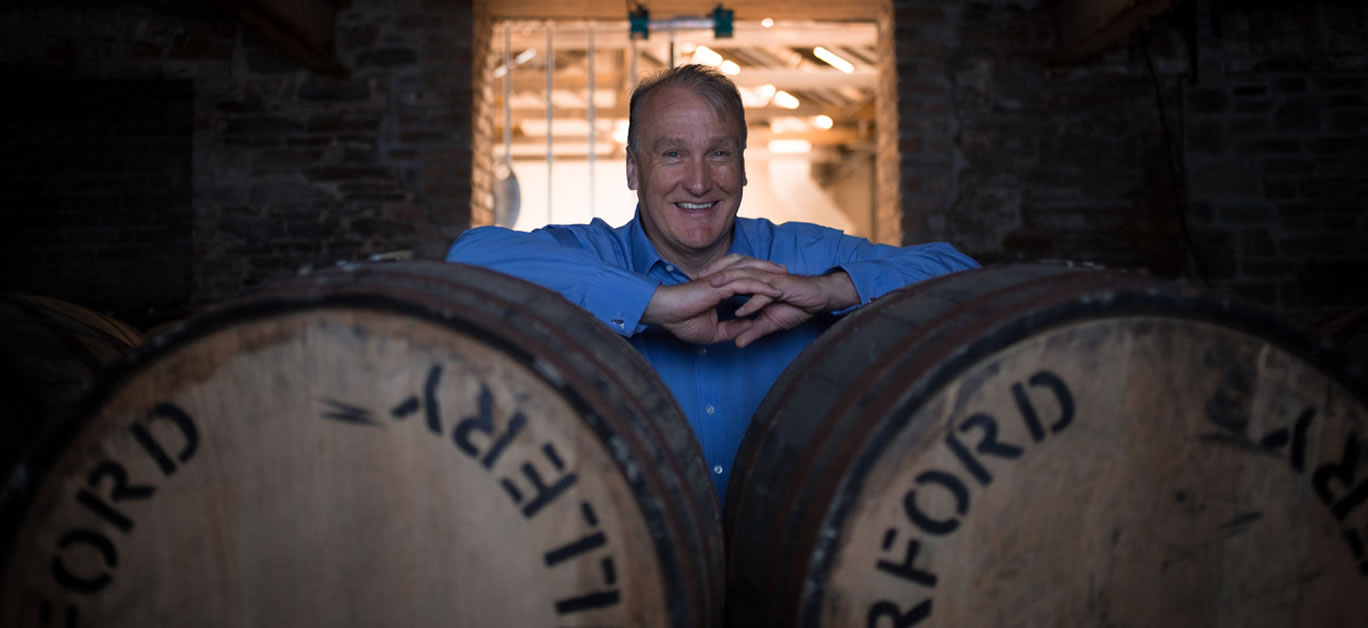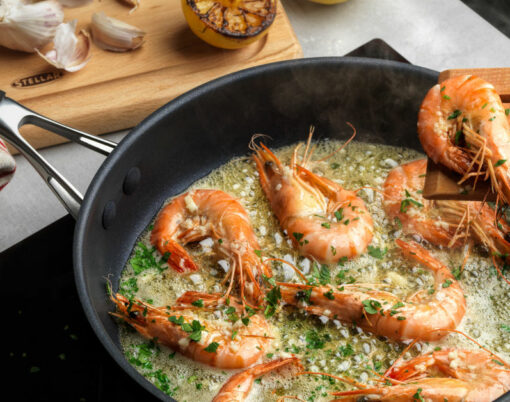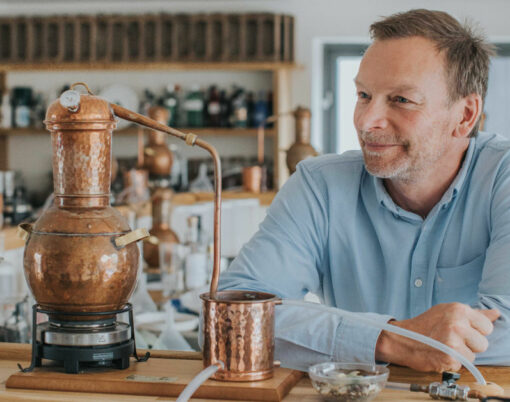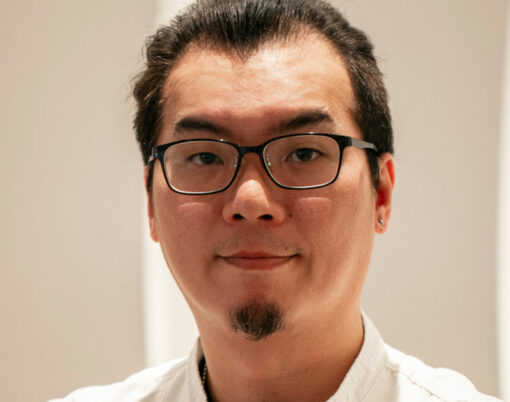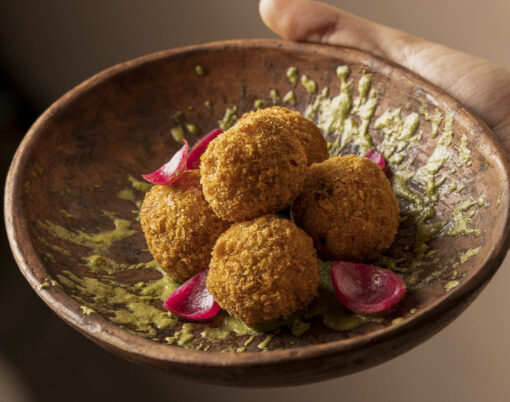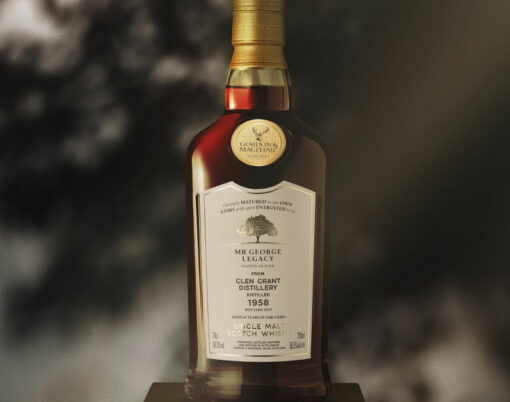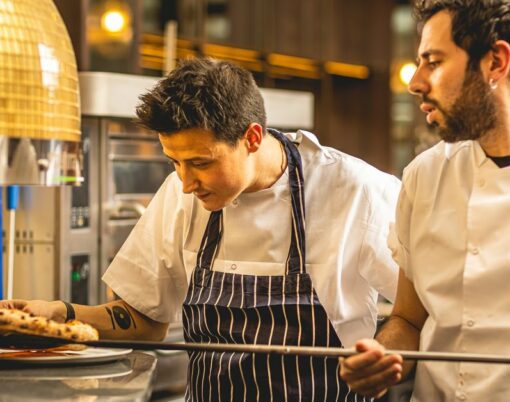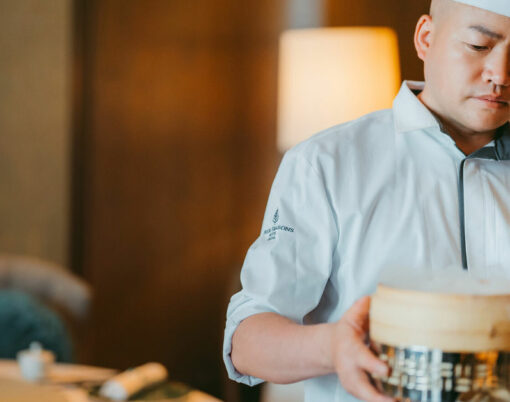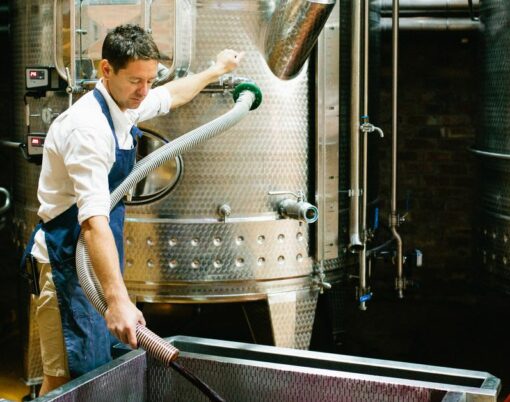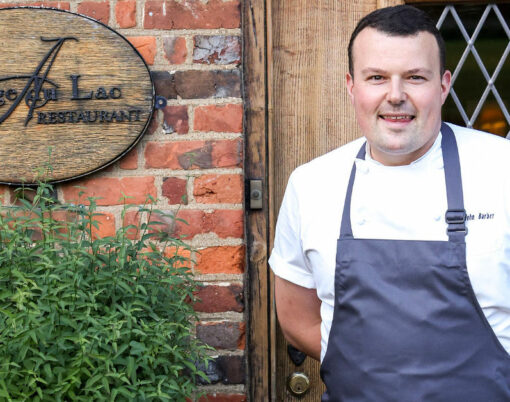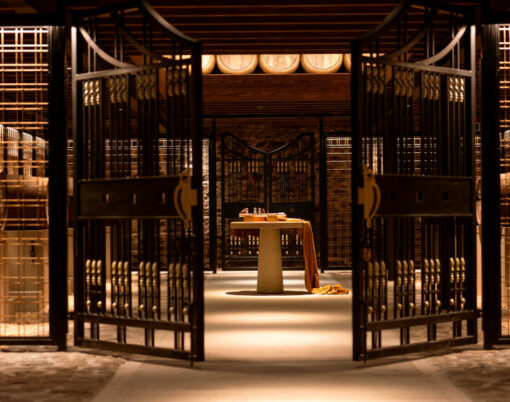The oldest city in Ireland will soon be known for its whisky as well as its crystal as Waterford in Munster is pioneering the world’s first bio-dynamic whiskies.
In June 2021, Waterford Distillery unveiled the world’s first biodynamic Irish whisky, Luna 1:1, the second bottling in the distillery’s Arcadian series following Gaia 1.1, an organic-certified Irish single malt. To create the new Waterford The Cuvée (RRP £70), head distiller Ned Gahan married 25 single farm origin whiskies, each made from Irish barley that was harvested, malted and distilled separately to reflect the unique character of the land on which it was grown.
Terroir is no longer the exclusive provenance of wine, and a whisky revolution is stirring in south-east Ireland with a new generation of Irish ‘terroirists’. American scientists, Irish farmers and a Benedictine monk educated Englishman with an uber-organic mindset and impressive CV in the drinks industry, have conclusively shown that whisky is affected by the kind of soil barley is grown in.
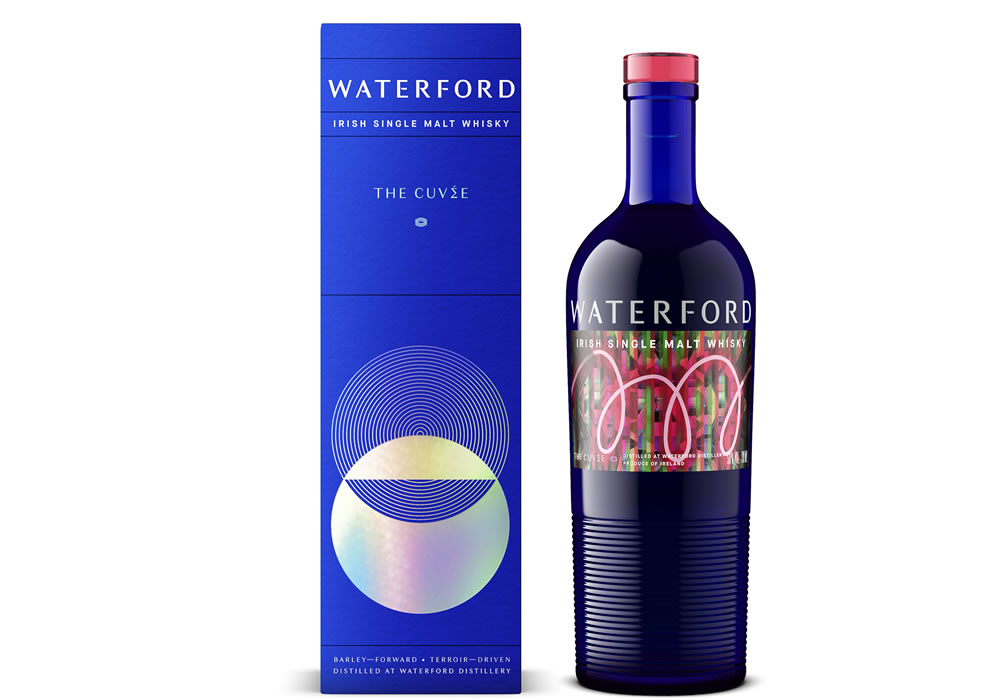
Mark Reynier, Waterford Distillery founder and CEO, says: “Coming from a wine background I’ve always been intrigued by how the greatest Bordeaux wines were made. Rather than generically bundling up their grapes in to a single wine they went to the effort of making several individual wines instead, each expressing a terroir-derived personality of its own. Only after months of maturation are these component wines assembled to make a single profound wine of greater complexity, the Grand Vin. Why not with whisky? This is the vision seven years in the making, the essence of the Waterford project.
“Single Farm Origin whiskies, each one defined by its own Irish-grown barley, each one distinctly different – all of them Waterford single malts – come together for the first time.”
The 58-year-old Londoner, formerly of the Bruichladdich Distillery, started in the drinks business by running La Reserve in London’s upmarket Knightsbridge, importing wine from young Burgundian winemakers. He now applies what he calls ‘wine trade logic’ to whisky-making.
The basic principle of biodynamic farming is that every farm is its own self-sustaining organism and the soil, crops, animals, people and even – to be very Celtic about it – the spirit of place are all interconnected.
Reynier explains: “The core aim of biodynamic agriculture is to achieve a living soil (over a chemically comatose inert one) by the application of compost and manure sometimes turbocharged by seemingly bizarre treatments an esoteric treatments. It’s odd to us, but it was second nature to our forefathers.”
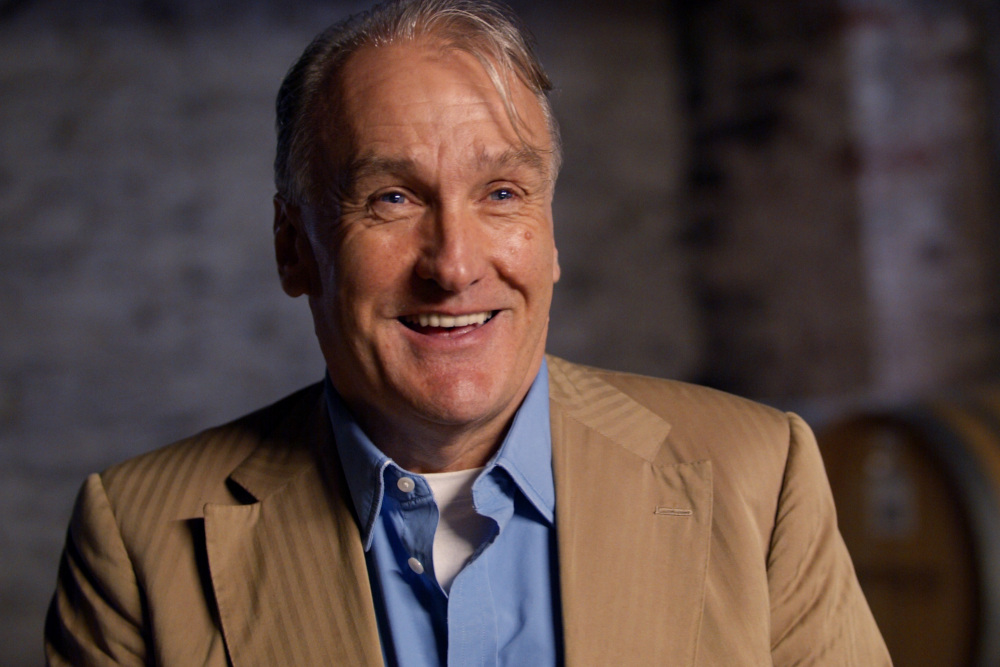
He adds: “Many of the world’s very greatest winemakers follow biodynamic farming to produce the most exquisite flavours. The Burgundian legends Romanée Conti, Leroy, Leflaive, Trapet and Sauzet. Alsacians Zind Humbrecht, Ostertag and Zusselin. And the mighty chateaux of Latour, Lafite, Yquem, Climens, Pontet Canet, Angelus and Palmer from Bordeaux.
“But nobody has released a whisky made from purely locally-grown biodynamic barley, until now. Taste is our holy grail. Simply put, the healthiest possible soil equals the best possible flavour.”
Thanks to The Whisky Terroir Project, conducted by Waterford Distillery, Ireland’s Agriculture and Food Development Authority (Teagasc) and Oregon State University, single malt whisky could soon be classified by region in the same way as wine or brandy after their labours suggested geographical influences play a crucial role in the drink’s quality and taste.
Reynier sold La Reserve Fine Wines and Spirits chain in 2003. He acquired the abandoned Bruichladdich Distillery on Islay for £6 million from Jim Beam in 2000. After resurrecting the single-malt whisky and diversifying into Botanist Gin, the company was sold to Remy Cointreau for £58 million in 2012. His company Renegade Spirits then bought the former Guinness brewery.
The provenance of the grain is paramount. And Reynier is convinced Irish is the best in the world. He says: “Everyone else is busy looking at the wood, which does play a part but is not as important. Almost all Irish whisky comes from three distilleries, so while there may be over 100 labels most of it comes from the same few sources. We hope to create the ultimate whisky flavour.”
Please note: Whisky and whiskey are synonyms for a distilled spirit made from fermented malted grains. In Scotland, it is spelled ‘whisky’, whereas typically in Ireland the spelling of ‘whiskey’ is commonly used. However, Waterford Distillery still prefer to use the spelling ‘whisky’ despite being based in Ireland so we have respected their wishes for this particular article.












